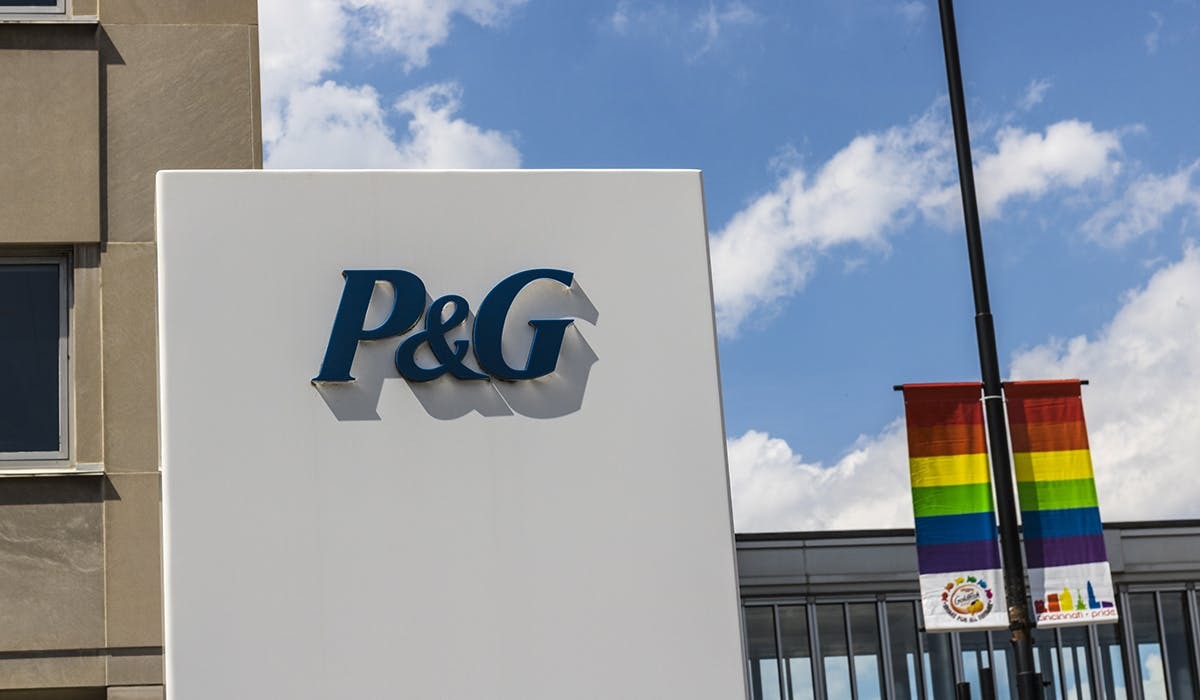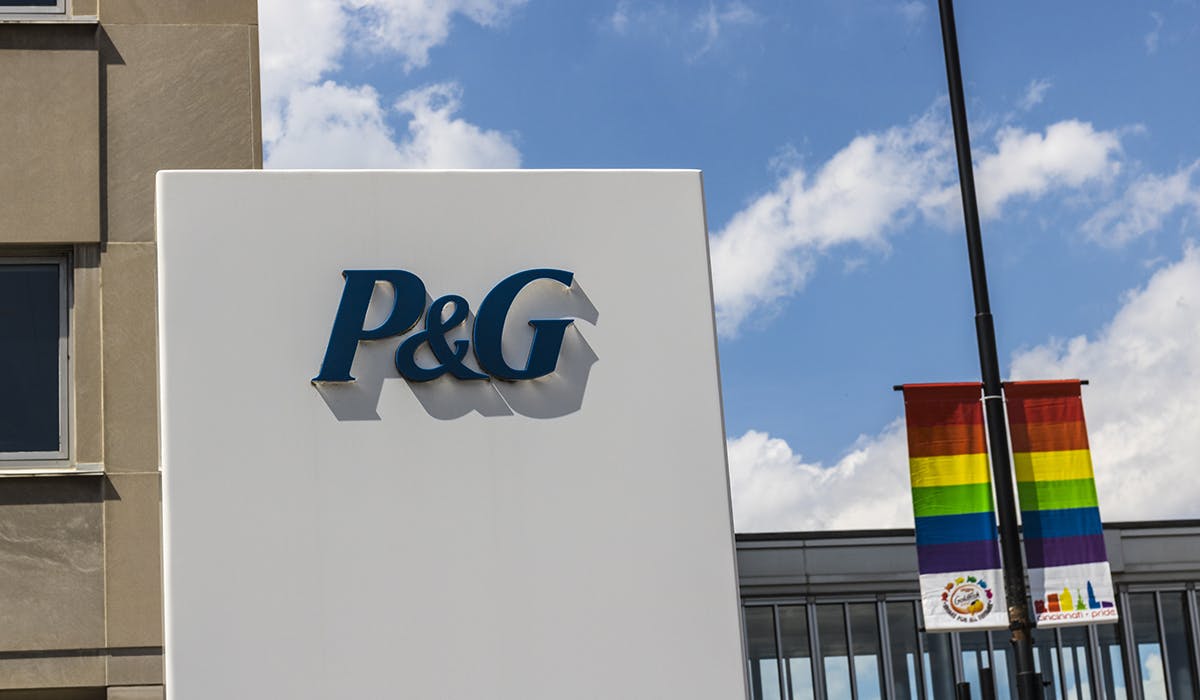 Procter & Gamble’s chief brand officer Marc Pritchard has warned marketers not to rely on AI and other emerging technologies for their ideas, but instead to use the power of humanity to unleash the creative potential of everyday brands.
Procter & Gamble’s chief brand officer Marc Pritchard has warned marketers not to rely on AI and other emerging technologies for their ideas, but instead to use the power of humanity to unleash the creative potential of everyday brands.
“Even with all the technology available to us, the answer won’t be found in the data or the algorithms,” Pritchard told his audience today at the Cannes Lions Festival of Creativity (18 June). “The answer is in the idea, which comes from the heart and soul.”
In a keynote titled ‘Finding Creativity in the Everyday’, he talked of the “exponential potential” for creative opportunities generated by daily-use household and personal care products, but argued that only the human brain can generate ideas that provoke “that physiological reaction when something really touches you”.
The “magic of a creative brand idea” only comes when “both sides of the brain work together to combine logic and feeling,” Pritchard argued. “Your spine tingles. Some call it the chills or goosebumps.” Such a response cannot be felt by AI, he said. “AI doesn’t get the tingles – humanity matters.”
In reference to the ensuing debate on the future role of AI in marketing, Pritchard acknowledged that “we’re at yet another inflection point in the creative industry with the next leap of technology power available at our fingertips”. But sustained growth was “only possible”, he said, “when we bring the humanity we all have inside of us, every single day, to unlock the power of ideas”.
P&G directs marketing spend towards ‘expandable categories’ in pursuit of volume growth
The P&G brand chief took the opportunity to set out the creative power of household brands, which he admitted are “not the first products that come to mind when it comes to creativity”. Citing recent campaigns for Lenor and Gillette, he calculated that such products offer billions of “everyday moments” which are “rich with creative potential”.
Quality products have endless opportunities to “dramatise problems” caused daily by under-performing products, from leaky diapers to failing detergents, he pointed out. “Think about it – billions of people with billions of moments multiplied by seemingly endless opportunities for solving problems with the best performing daily use products,” he said.
“That equals exponential possibilities for finding creativity in the everyday and enormous potential for delighting people through innovation and creativity that drives growth and value for brands and markets.”
To realise those opportunities, marketers must follow a three-point plan, he said. First, they should venture out into communities and witness the power of everyday product moments first-hand. “It’s visiting people in their homes and where they shop, to observe actual behaviour in how they experience our products,” he said. “It requires human interaction to get the true essence of a moment.”
Even with all the technology available to us, the answer won’t be found in the data or the algorithms. The answer is in the idea, which comes from the heart and soul.
Second, marketers must take such experiences and use them to identify their brand’s unique ability for problem-solving. “It’s important to define how the brand provides a tangible and noticeably superior performance benefit.” Finally, they must use their brains to form a magical creative brand idea, such as Lenor’s ‘Let the sunshine in’ or Gillette’s ‘The best a man can get’.
Pritchard detailed a series of P&G brand campaigns that have used everyday activities to have cultural impact in international markets. Soap brand Safeguard used the annual family-based holiday of Chinese New Year to engage consumers in the ritual of “wash hands and have dinner”. Ariel helped to shift the work balance in Indian households by encouraging more men to do laundry duties with a socially-minded campaign called ‘Share the Load’.
Speaking in France ahead of the start of the Paris Olympics and Paralympics next month (July), in which P&G is a worldwide partner, Pritchard referenced the Olympics-inspired brand marketing that P&G is doing with more than 30 brands, focused on the “daily little wins” for users of its products, including a Pampers campaign on empowering “little champions”.
P&G’s Marc Pritchard: Marketers must ‘reset’ the creative bar for market growth
P&G Studios, the company’s brand film arm, is making a documentary, Rising Phoenix: A New Revolution, which aims to amplify the debate on disability equality.
P&G is also partnering with Kevin Hart’s production company Hartbeat to make The Other Games, a show that will stream for 17 days during the games on NBC/Peacock. The content will feature “stupendous and somewhat ridiculous feats of athletic prowess with our brands that you too can try at home”, said Pritchard.
The discus event becomes the “Dirty Dishcus”, a washing-up competition linked to P&G cleaning brands Cascade and Dawn, while curling is transformed into the mop-based “Swirling with Swiffer PowerMop”.
All this brand work, Pritchard said, is being produced by human creativity “to make everyday moments matter more”.
Lire l’article complet sur : www.marketingweek.com



Leave A Comment